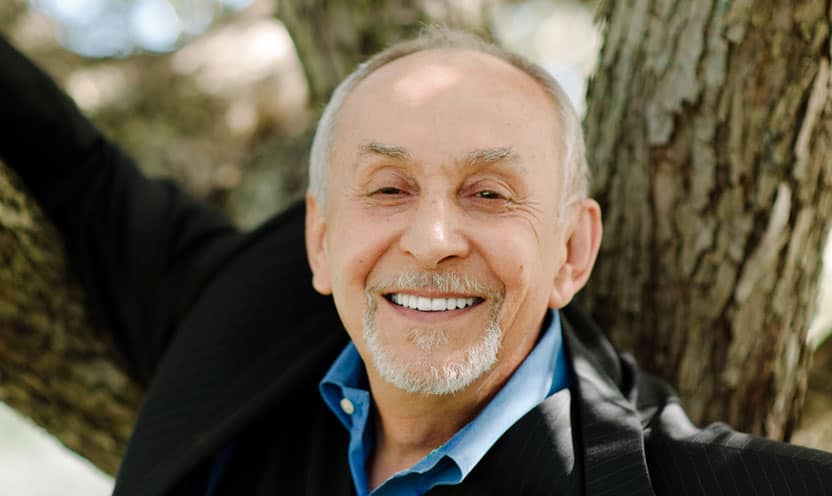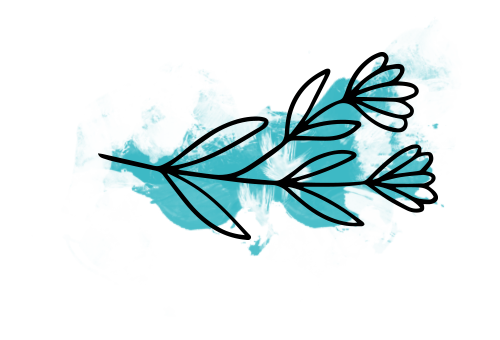"Neuromuscular therapy was life changing for me, plus, I always get compliments on my new smile."
– Myron | TMJ Patient

Doylestown TMJ Treatment for a Comfortable Life
TMJ dysfunction can be sneaky, often blamed on problems such as stress or muscle strain. Many TMJ pain patients have complaints such as:
- Migraines/ severe headaches
- Jaw Pain
- Jaw locking
- Ringing ears (tinnitus)
- Fullness in their ears
- Hearing loss
- Facial pain
- Neck pain
- Clenching
- Grinding or Bruxism
- Poor posture
Neuromuscular Dentistry is a non-invasive technique used to correct the origin of TMJ problems. It is the art and science of using a relaxed position of the muscles in the head and neck, to place the jaw into an optimal physiologic position for treatment.
TMJ disorders present differently in each patient. If you suffer from chronic facial or jaw pain, we will perform a comprehensive exam to correctly diagnose your condition. At Beth Snyder and Associates we treat TMJ pain patients in Doylestown and from the entire tri-state area.
Whether you’ve been on a long or short journey learning about Temporal Mandibular Disorder (TMD), we recommend you take our TMJ quiz to see if you qualify as a candidate for neuromuscular dental treatment.
Dr. Snyder's Approach
As an expert in the field of TMJ therapy and Neuromuscular Dentistry, Dr. Snyder quickly makes accurate diagnoses due to her extensive training, while utilizing cutting-edge technology, such as the CBCT (mini CAT scan of the head and neck.) State-of-the-art technology and unparalleled professional knowledge combine to give you the best TMJ treatment imaginable.
Our team utilizes many techniques to find the best solution for afflicted patients. We utilize K7 Myotronics – using Jaw Tracking, EMG measuring, TENS to relax the muscles, and Sonography to see where the joint is having issues. Once we pinpoint your muscle happy position we then use orthotics or orthodontic appliances to stabilize your bite.
Due to Dr. Snyder’s personal battle with TMJ dysfunction, she has spent the majority of her career learning about and then providing the ideal TMJ treatment for her patients; for many, she was the last hope of relief.
Dr. Snyder is exceptionally attentive and forward-thinking in her approach to TMJ care.
Airway – The Tongue – Posture and the effects on the TMJ.

Understanding the Underlying Issues
The first and most important component in TMJ therapy is getting the diagnosis correct and that is just one of Dr. Snyder’s areas of expertise.
The displaced disc may be the result of:
- Stretched or torn ligaments
- Trauma, like a car accident
- Being bumped by a child’s head
- Biting into something the wrong way (an apple)
If the damage to the TMJ is recent (acute) short-term splint therapy can be very successful and patients can be weaned off the splint.
If the damage to the TMJ has been there longer or is chronic, therapy may start with a splint to attain comfort, and also require orthodontics or restorations to better sustain the joint position for long-term results.
If your muscles are the issue, pulling on the jaw joint and causing pain, neuromuscular treatment will pin-point which muscles are causing the discomfort. We will work with you to identify an optimal muscular position, to calm jaw muscles. We then will rebuild your bite in this new muscularly “happy” position.
"I spoke maybe one sentence and she knew exactly what I was experiencing."
Brooke | Actual Patient
